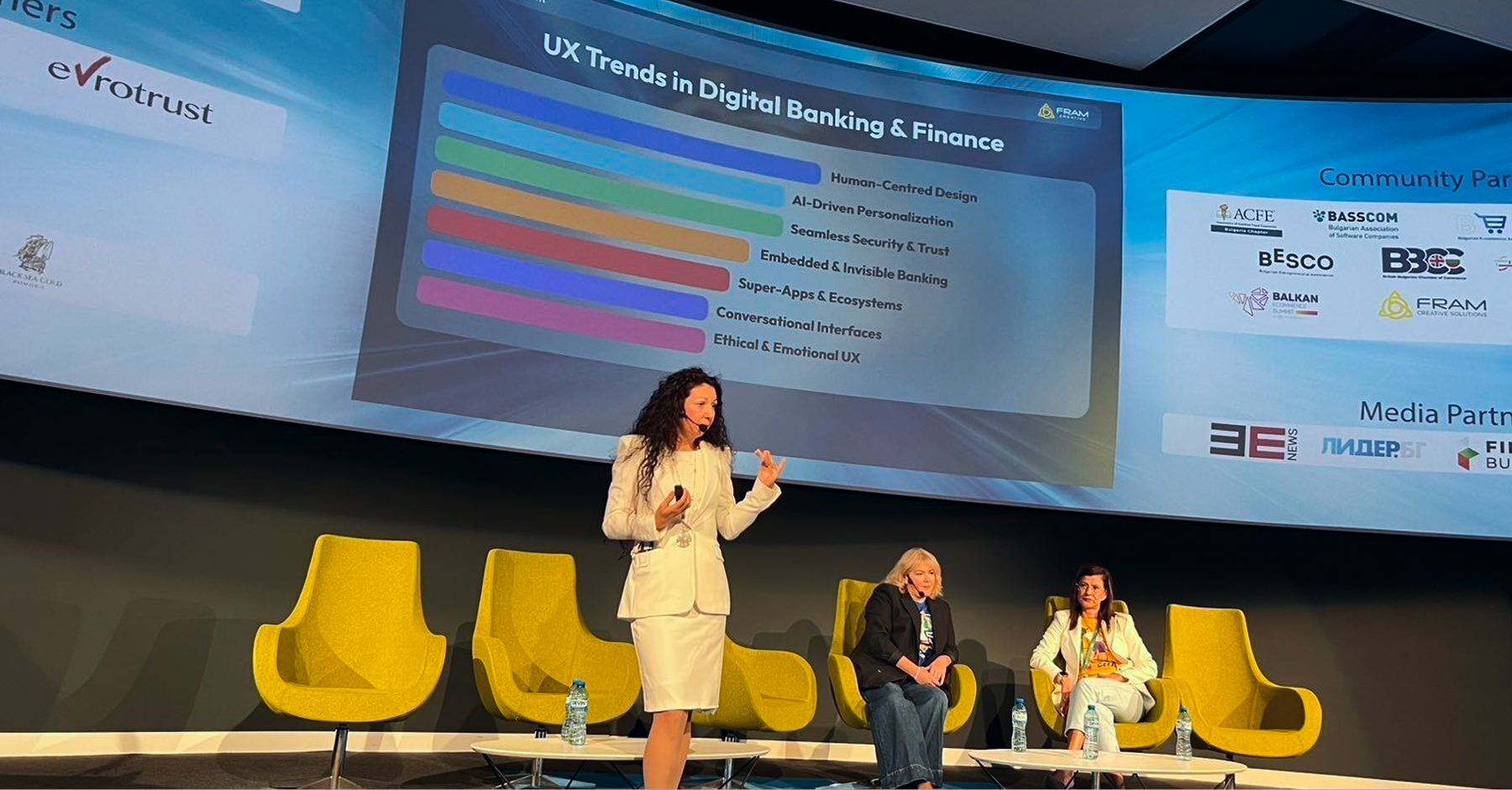Futuretech
Real Estate
MedTech
Security & Insurance
The Playbook of Accessible Design for Business Owners


“My best definition of a champion starts with the word “competent.” That’s a combination of capable and empowered.
First, the company needs to be able to identify who are the people that can actually do the job — and second, to empower them and remove any obstacles that may inhibit their performance.
HR processes can help — especially training. Ask any trainer: “Who’s the standout from this group?” They’ll tell you. The right person jumps out in minutes.
From there, it’s about nurturing their strengths, not obsessing over fixing weaknesses. Developing what someone’s already great at can unlock real breakthroughs. Trying to turn a weakness into an average skill? You’ll just get average.”
“The answer is trust.
Trust gives you the best from people who are truly engaged — but yes, it brings risk when someone isn’t. Still, if your leaders know how to work with trust-based systems, you need less supervision, not more.
The real challenge? You don’t always know which leaders can handle that kind of freedom and which can’t. It’s not tracked by KPIs.
Chaos, by the way, isn’t a bad thing in innovation. In fact, it’s necessary. A company often needs to go through a period of chaos before reshaping itself into something better.
The key is to isolate the chaos. Keep the core business stable, but create safe environments for experimentation. Let new products emerge there. Then test them in real-life competition. If they win — let them replace the old.
That’s how companies reinvent themselves from the inside, without burning everything down.”
“Sure. One of my favorite examples is Michael Saylor at MicroStrategy (now Strategy). The company had money, but no growth. So he made a choice: either sell the company or completely reinvent its core.
It wasn’t easy. He had to convince every C-suite exec and the full board — but once he got the green light, he took the company in a radically new direction.
The result? Growth levels that outpaced the S&P 500, Nasdaq, even Nvidia.
It’s the perfect example of controlled chaos, fueled by trust, conviction, and the willingness to bet on something bold.”
“It would start from the top — with the CEO.
You need someone who has the intelligence to understand the market, the energy to drive consistent change, and the communication skills to sell that vision from the boardroom to the factory floor.
It’s hard work. You need real processes, real accountability, and a spirit of innovation embedded in everything. But if you get that right — then yes, corporations can be entrepreneurial. And they can win.”

About the author – My name is Ivan Krentchev, and if you know me, you probably know me as an IT leader and digital transformation expert with over 20 years of experience driving strategic innovation in global organizations.
But beyond managing large IT portfolios and leading high-performing global teams, I've always been inspired by one simple idea: nurturing entrepreneurial spirit and innovation inside big companies.
Because I truly believe entrepreneurship isn't limited to startups - it’s the heartbeat of progress in every great organization, driving exponential growth, exceptional customer experiences, and ultimately, sustained success.




Our friendly team would love to hear from you.
By submitting this form you agree with our Privacy Policy



